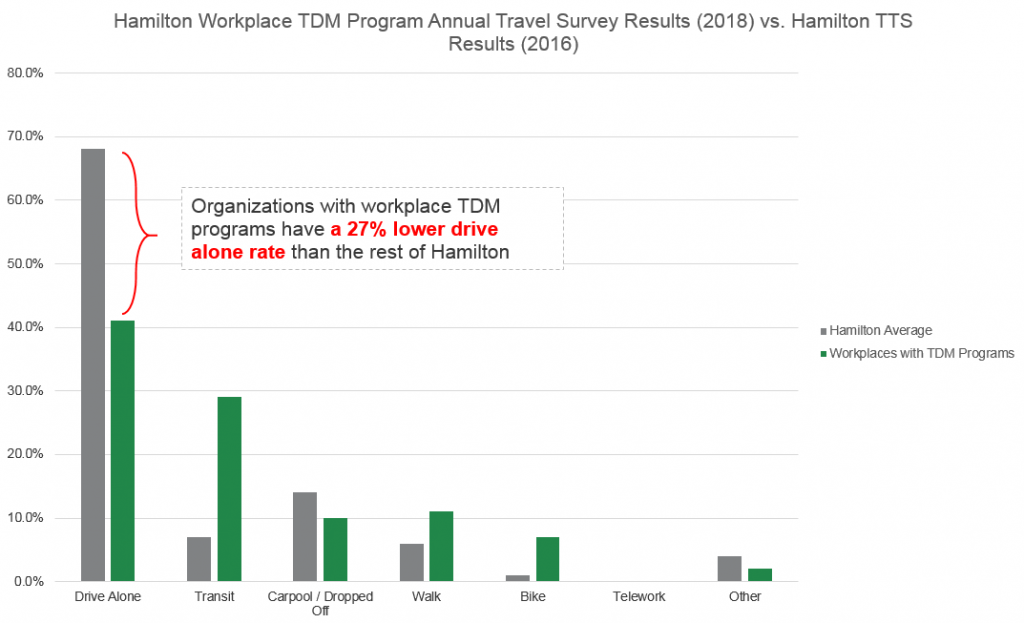Leveraging Mobility to Reduce Emissions
Over the next two decades, the number of cars on our planet are expected to double, raising serious concern about the impacts this will have on climate change. Transportation accounted for 24% of total greenhouse gas (GHG) emissions in Canada in 2015 so it’s no wonder the country has turned to policy as a strategy to combat this expected trend. France has taken a bold and multi-directional approach, including a plan to raise carbon taxes to discourage car use, however this led to serious upset as expressed by the yellow vest movement. If there’s anything we should take away from this lesson, it’s that people need fair and flexible transportation alternatives in order to welcome a shift away from their cars.
This approach demands the need for innovative strategies and solutions to substantially reduce GHG emissions. We’re overdue to get serious about climate change and while discouraging driving in auto-dependent suburbs and rural areas is more complex, cities must act swiftly to prioritize active and sustainable transportation. Walking, cycling, public transit, and carpooling are all transportation modes worthy of encouragement. Over the last decade we have also witnessed a surplus of new mobility options hit the streets, roads, sidewalks- and sometimes even the places in between.
These emerging mobility technologies provide people with choices to move around that they seem to be excited about. Electric scooters, bike share, and TNCs all provide city dwellers and visitors with freedom over how to get from A to B. The initial feedback seems promising, but can e-scooters and bike share programs replace the trips people would normally take with a car?
According to a 2018 study of scooter users in Portland, new mobility options definitely make an impact on car travel. 34% of Portland residents and 48% of visitors chose to use e-scooters instead of driving a personal vehicle or TNC. In Hamilton, Ontario, 44% of bike share users report that they drive less because of bike share.
Embracing new mobility technologies shows promise, but this is just one step in the holistic effort to curb climate change. The most cost effective means of reducing GHG is, of course, to utilize the existing urban infrastructure and implement comprehensive transportation demand management (TDM) strategies and programs accordingly. Yet still, cities must prioritize retrofitting existing streets to support new transportation modes and build the appropriate infrastructure when lacking.
Thus far, the City of Hamilton has proven that TDM strategies are working well for them. Hamilton workplaces that have adopted a TDM program have a 27% lower rate of lone commuters than the municipality’s average in 2016.

Click here to view larger image.
The days of prioritizing personal automobile use are numbered. If communities want to address and tackle climate change head on, drivers need to be provided with a convenient and attractive alternatives. For now, shared mobility programs have proved successful as alternative models for cities, but much still needs to be done in auto-dependent communities.
Vikram is a Registered Professional Planner specializing in Transportation Demand Management (TDM), shared mobility programs, and public and stakeholder engagement. He is the Program Manager for the City of Hamilton’s workplace TDM program and delivers day-to-day operations and high-level strategic planning for the program.







